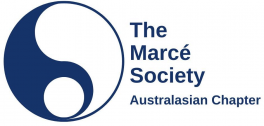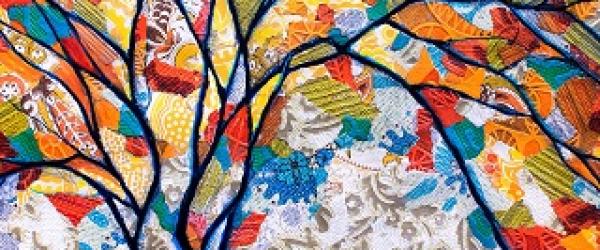Management issues in perinatal psychiatry
POSTNATAL DEPRESSION: LONG-TERM CONSEQUENCES AND INTERVENTION
Jeannette Milgrom, P Martin, L Negri
Austin & Repatriation Medical Centre, Melbourne, VIC
This paper reviews 5 years of research, beginning with a longitudinal study that followed 60 women with postnatal depression, and their spouses up to 42 months after the birth of their infant. Psychosocial, cognitive and social variables were compared to non-depressed women and their families. Our most recent study is investigating the effectiveness of screening and treating women with postnatal depression. Preliminary treatment outcomes will be discussed as well as the impact on partners, social support and parent-infant attachment.
JADE HOUSE PARENT AND BABY UNIT: A DESCRIPTION OF THE UNIT'S FIRST YEAR OF OPERATION
Kelly Crothers, B Barnett
Jade House, South Western Sydney Area Health Service, NSW
Jade House is a day-patient psychiatric service designed to meet the needs of women and their families who are experiencing perinatal mood disorders. The service, administered by the Karitane organisation, is the first of its kind in Australia, and therefore, under some pressure to produce data concerning its activities. Material to illustrate the first year of the Unit's operation will be presented for discussion,
THE TREATMENT OF POSTNATAL DEPRESSION WITH MOCLOBEMIDE AND COGNITIVE BEHAVIOUR THERAPY
Philip Boyce & Anne Buist
Dept of Psychological Medicine, Nepean Hospital, NSW; Mercy Hospital for Women, Melbourne, VIC
Preliminary results of a trial underway in which women with postpartum depression are randomly assigned to Moclobemide or Cognitive Behaviour Therapy will be presented. Women who elected to continue breastfeeding on Moclobemide had plasma and breastmilk levels taken - these will also be presented and compared to data on tricyclics and SSRI's.
THE PINK PEGS - POSTPARTUM OBSESSIVE-COMPULSIVE SYMPTOMS
Sara Weeks, Manaaki House Community Mental Health Centre, Auckland, New Zealand
Obsessive compulsive symptoms appear to be very common postpartum, both in women in with varying degrees of postnatal depression and in those who are not particularly troubles by affective symptoms. Some case vignettes will be discussed (and the relevance of the title revealed) and the aetiology and significance of the symptoms will be discussed with reference to biological and anthropological matters, psychological concerns and defences and the sociocultural milieu. Some management options will be discussed along with the particular difficulties posed by this group of women.
MOTHERHOOD REVISITED: A 31/2 YEAR FOLLOW-UP STUDY
Doreen Westley, Faculty of Education, Monash University, Melbourne, VIC
When their children were 42 months old, I re-visited a group of mothers who were visited when their infants were aged between 3 and 6 months old. They were revisited to ascertain whether their lives had changed in that time. Half the group was composed of women who had suffered from postpartum depression whilst the other half had not suffered from depression. the depressed mothers were still depressed as measured by the Hamilton Depression Scale (F=9.12, p<.01) and the Beck Depression Inventory (F=7.16, p<.01). Also, the depression subscale of the Profile of Mood States showed a significant difference between the depressed and nondepressed mothers (F=7.55, p<.01). The Profile of Mood States measures psychological emotions. It identifies 6 moods or affective states. It is composed of 65 items and each item is classified on a 5-point adjective scale. It is weighted from 0 to 4 (McNair et al, 1992). In addition, this scale showed differences between the groups on tension (F=20.49, p<.01), Anger (F=8.62, p<.01), Fatigued (F=23.3, p<.01) and Confused (F=11.6, p<.01). The Parenting Stress Index consists of two domains - the child domain (with 47 items) and the parent domain (with 54 items). There is a life stress scale that has 19 items. The scale also gives a total score which gives information about the amount of stress the parent perceives they are experiencing (Abidin, 1986). On the Parenting Stress Index there was a difference between the depressed and nondepressed mothers on the Total Score (F=25.1, p<.01) and the subscales of Child Domain (F=15.35, p<.01) and the Parent Domain (F=28.14, p<.01). But the Life Events Survey scale showed no significant differences between the groups.





